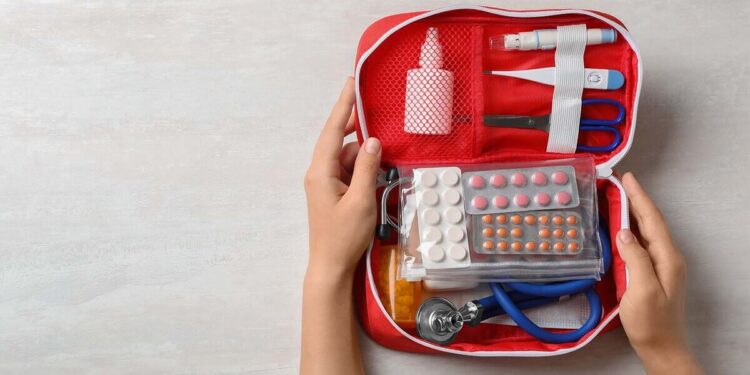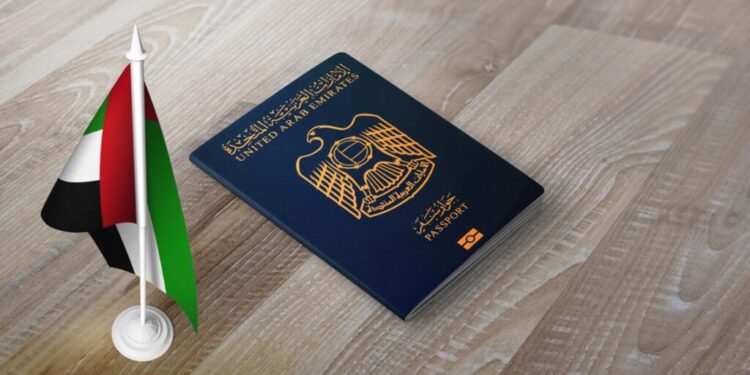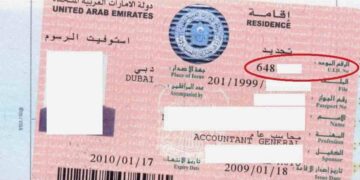Are you planning a trip to the UAE and wondering whether you need to declare the medication you are currently taking upon arrival at the airport? It is important to note that you are allowed to travel with non-prescription or non-controlled medication into the UAE. However, if the medications you are carrying fall under the categories of narcotic, psychotropic, controlled, or semi-controlled substances in the UAE, you will need to obtain approval.
To inform travelers about the UAE’s strict zero-tolerance policy towards recreational drug use and their drug laws, the Abu Dhabi Judicial Department (ADJD) recently clarified the regulations and penalties associated with bringing in such substances.
While traveling to the UAE, what are the requirements to bring narcotic drugs?
To bring medication into the country, you must obtain a permit from the Ministry of Health and Prevention (MOHAP) and declare the medication at the airport.
If someone is bringing the medication on your behalf, they must have an official Power of Attorney notarized by the appropriate authorities.
The amount of narcotic drugs brought into the country should be in line with the duration of treatment. If the prescribed quantity needs to be repeated, the treatment period should not exceed three months.
Required documents
To apply for a MOHAP permit, you will need to provide the following documents:
– A medical report containing the patient’s data, name of the prescribed drug, quantity, doctor’s name, and the seal of the health facility.
– A medical report issued by a qualified authority within the past year.
– A copy of your passport or ID.
– A copy of the medical prescription issued within the last month, authenticated by the appropriate authority.
Please ensure that all documents are accurate and up to date before submitting your application.
What are controlled medicines?
As per the official website of the UAE government (u.ae), controlled drugs are substances that, when not used responsibly, can result in addiction and have the potential for abuse by individuals. Narcotic, psychotropic, and other controlled drugs or medications classified as Class A or B are not readily accessible in the UAE and cannot be freely imported into the country. These substances are categorized as controlled or restricted items, requiring a permit for their importation.
How does one know if they need a permit for the medicine?
If you are unsure whether you require a permit for the medication you are carrying, you can easily check by accessing the list of controlled medications on the official website of the United Arab Emirates government. Simply click on the following link: https://u.ae/en/information-and-services/health-and-fitness/drugs-and-controlled-medicines/controlled-medicines- and scroll down until you locate the section titled ‘List of Controlled Medicines’.
Once you have found the document, search for the specific medication you are carrying. This will inform you whether the medication is prohibited, or if you are allowed to carry a certain quantity with the necessary documentation such as a prescription, medical report, and import permit. This information is crucial to ensure compliance with regulations and avoid any potential issues during your travels.
How do they get a permit from MOHAP?
After determining whether the medication you are carrying falls under the controlled category, you must obtain an import permit from the Ministry of Health and Prevention (MOHAP). This permit can be easily applied for online through the official website mohap.gov.ae at no cost. To access the application for the import permit, you must have a UAE Pass account.
Once the permit is issued, it remains valid for two months. It is crucial to understand that the permit can only be used once, meaning you cannot repeatedly use the same approval to bring medication into the UAE.
Is there a penalty if you travel to the UAE with narcotic drugs or controlled medicines without a permit?
The Abu Dhabi Judicial Department (ADJD) has emphasized that according to Articles 10 and 11 of Federal Decree-Law No. 30 of 2021, which pertains to combating narcotic drugs and psychotropic substances, it is strictly forbidden to import, export, transfer, produce, manufacture, bring, or possess any narcotic drugs or psychotropic substances. The ADJD has issued a warning that penalties for violating these laws will vary depending on the weight or quantity of the substances seized.
“The penalty may amount to a minimum of two years imprisonment and a fine of no less than Dh100,000, and a maximum of life imprisonment and a fine of no less than Dh200,000,” the post read.
Also Read: Using biometrics, you can travel through Zayed International Airport in a flash





















